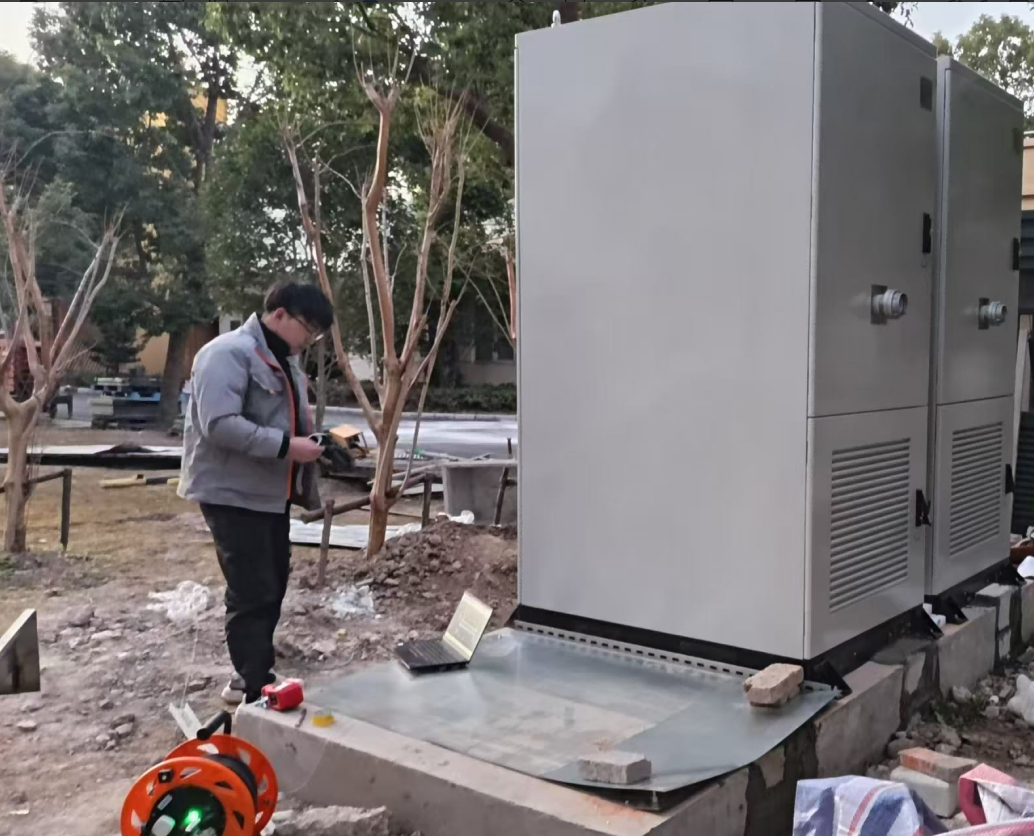Lithium-ion batteries have become integral to our daily lives, powering everything from smartphones to electric vehicles. However, improper storage can lead to serious hazards, including fires and explosions.
Proper lithium battery storage is essential for safety and longevity. Store batteries in a cool, dry place, away from direct sunlight and flammable materials. Use manufacturer-approved chargers, avoid overcharging, and regularly inspect for damage. Implementing these precautions reduces fire risks and enhances battery performance, ensuring a safe and efficient energy solution.
Ensuring the safe storage of these batteries is paramount for both personal and workplace safety. Here are ten essential tips to enhance lithium battery storage safety:

Table of Contents
Charge on Non-Combustible Surfaces:
Always charge lithium-ion batteries on hard, non-combustible surfaces like steel shelves. Avoid charging on soft or flammable materials such as couches or beds, as this can increase the risk of fire.
Handle with Care:
Treat batteries gently to prevent damage. Dropping or mishandling can compromise their integrity, leading to potential hazards. Regularly inspect batteries for signs of swelling or damage, and dispose of compromised units appropriately.
Ensure Proper Ventilation:
Store batteries in well-ventilated areas to prevent heat accumulation. Proper airflow reduces the risk of overheating, a common cause of battery-related incidents.
Maintain Moderate Temperatures:
Keep storage areas cool and dry, ideally between 5°C and 20°C. Extreme temperatures can degrade battery performance and increase safety risks. Avoid exposure to direct sunlight and heat sources.
Implement Leak Containment:
Utilize storage solutions with liquid-tight containment to manage potential leaks. While lithium-ion batteries are less prone to leaking than other types, it’s prudent to have measures in place to handle any electrolyte spills safely.
Use Appropriate Chargers:
Always charge batteries with chargers specified by the manufacturer. Using incompatible chargers can lead to overcharging, overheating, and potential fires.
Avoid Overcharging:
Monitor charging sessions and disconnect batteries once fully charged. Overcharging can cause excessive heat buildup, reducing battery lifespan and increasing safety risks.
Prepare for Emergencies:
Have a clear emergency plan in place for battery-related incidents. Equip storage areas with appropriate fire suppression systems and ensure all personnel are trained to respond effectively to battery fires.
Invest in Dedicated Storage Cabinets:
Utilize purpose-built battery storage cabinets designed to mitigate risks. These cabinets offer features like heat resistance, leak containment, and secure access to enhance safety.
Educate and Train Staff:
Regularly train employees on proper battery handling, storage, and emergency procedures. Awareness and education are key to preventing accidents and ensuring a safe working environment.
Conclusion
Implementing these safety measures can significantly reduce the risks associated with lithium-ion battery storage. Prioritizing proper handling and storage not only safeguards individuals and property but also extends the lifespan and performance of the batteries themselves.
Contact Hicorenergy now and get your suitable energy storage solution! service@hicorenergy.com
-scaled.png)
